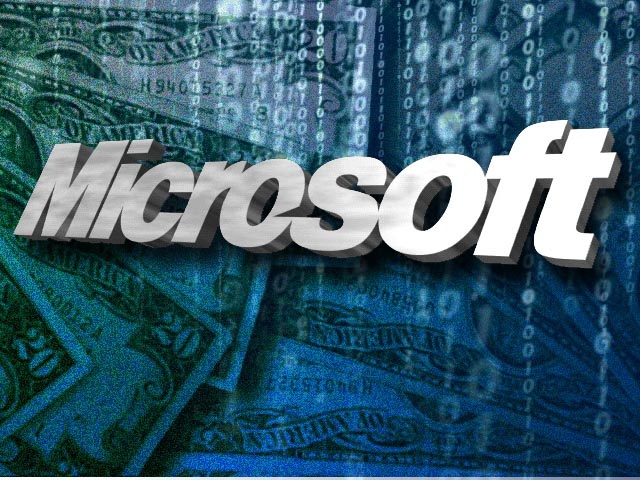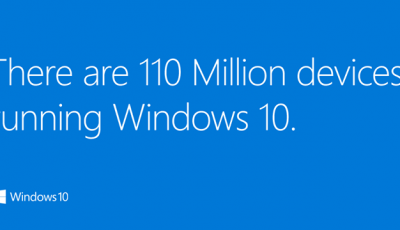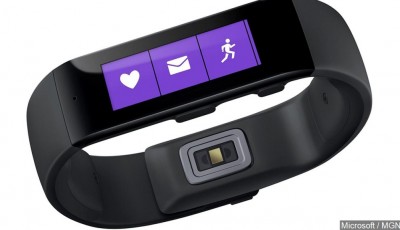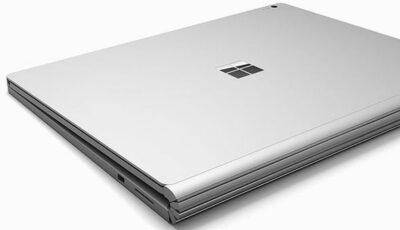Microsoft Plans to Cut Nearly 8000 Jobs
Microsoft said last July it would slash up to 18,000 jobs.
“Over the past few weeks, I’ve shared with you our mission, strategy, structure and culture. We’ll bring business customers the best management, security and productivity experiences they need; value phone buyers the communications services they want; and Windows fans the flagship devices they’ll love”, he said, describing the categories which could also be detailed as business phones, budget phones, and high-end phones.
The company also followed up with a statement that the restructuring process will result in job losses for 7,800 employees, especially from the mobile device business.
On Wednesday, Microsoft said that it is writing off $7.6 billion it spent on acquiring Nokia, cutting 7,800 jobs, which is in addition to 18000 job cuts that it planned a year ago. This number represents roughly 5% of its 118,000 employees.
A Microsoft spokesman said the cuts were all about focusing the company on core businesses, which is why it just sold some of its mapping business and ad sales business to AOL.
When the Nokia deal happened, it signaled Microsoft’s “bid for a mobile future”. It’s hard to say that Microsoft’s vision and has been this clearly delineated since its early days under founder Bill Gates. While many of these cuts will come from its phone division and the “Windows and Device Group”, it’s not all doom and gloom for Windows Phone.
The CEO of Microsoft, Satya Nadella, has clearly explained the plans to all the employees at Microsoft via email.
Microsoft bought the once-iconic Finnish mobile phone maker for $7.3 billion in April 2014.
The move is a clear acknowledgment the deal was a multibillion-dollar strategic blunder by Ballmer, who had envisioned it as a way to make Microsoft more competitive in the mobile market dominated by Apple Inc., Google Inc. and Samsung Electronics Co. Ltd. He further added, “In the near-term, we’ll run a more effective and focused phone portfolio while retaining capability for long-term reinvention in mobility.”
Microsoft is due to start rolling out Windows 10 later this month, introducing a new operating system that can be used to power not only personal computers but a range of mobile devices.












